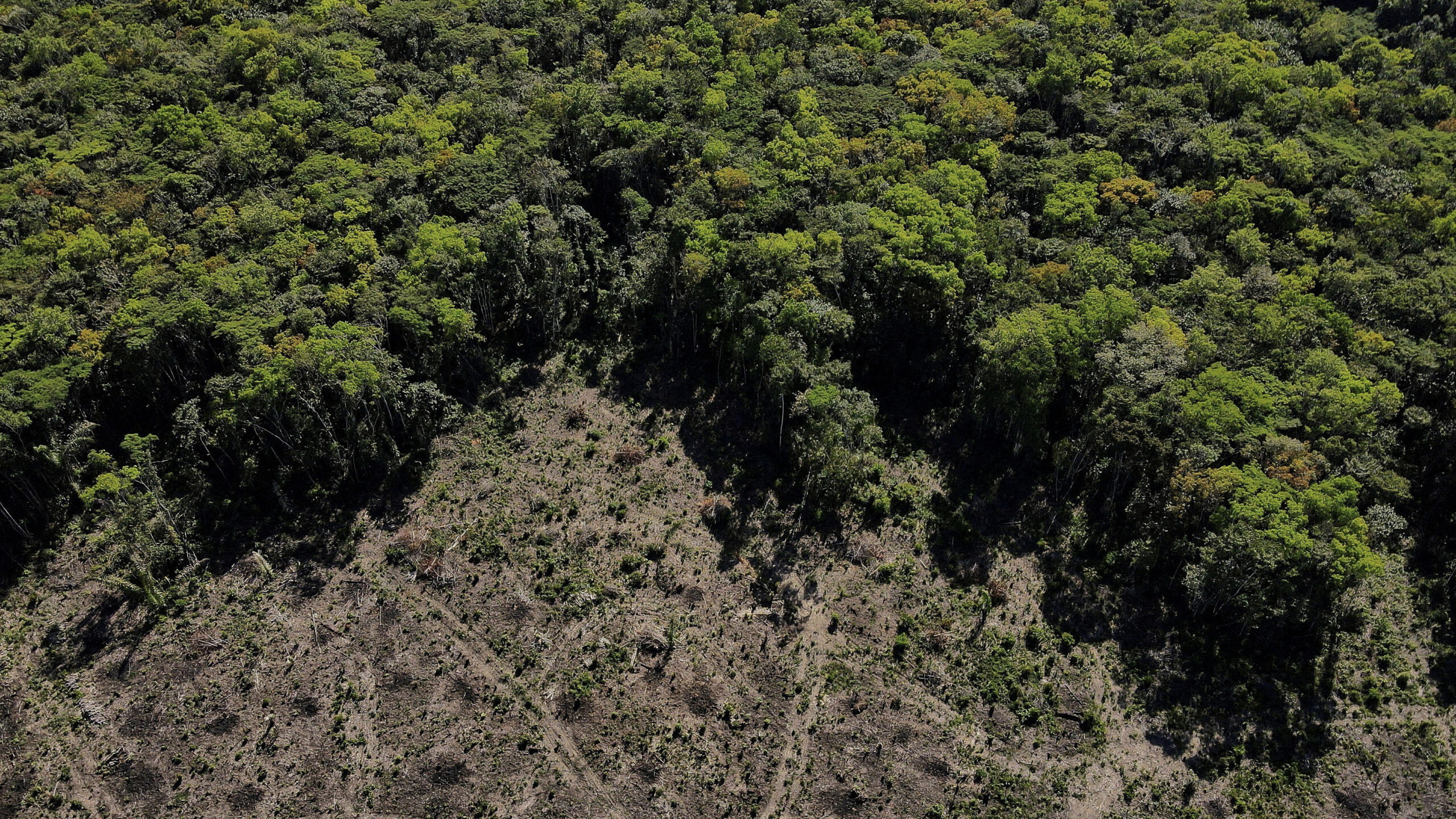
Amazon rainforest on the brink of reaching ‘tipping point’, academics warn

A reduction in global greenhouse gas emissions and an end to deforestation locally are necessary to protect the Amazon rainforest from ecological collapse
The Amazon rainforest, which holds more than 10 per cent of earth’s terrestrial biodiversity, will approach a “tipping point” some time between now and 2050, academics from Brazil, Europe and the US have warned.
“Tipping points” are defined as a threshold at which point further changes to ecosystems could result in collapse, the study says. Ecological resilience, or the ability for ecosystems to retain a stable structure in the face of change, has been decreasing in the Amazon since the 2000s, say researchers from the Federal University of Santa Catarina, Brazil, and 14 other universities and research organisations.
By 2050, between 10 per cent and 47 per cent of Amazonian forests will be exposed to “compounding disturbances [that] may trigger unexpected ecosystem transitions and potentially exacerbate regional climate change”, say the academics. They attribute the disturbances to rising greenhouse gas emissions and changes in rainfall patterns resulting from climate change as well as deforestation.
The acceleration of global phenomena, such as climate change, means there is “an increasing likelihood that we will see positive feedback loops in which, rather than being able to repair itself, the forest loss becomes self-reinforced”, says study co-author Adriane Esquivel-Muelbert from the Institute of Forest Research at the University of Birmingham, UK, in a statement.
The future resilience of the Amazon depends on “cooperation between Amazonian countries to end deforestation and expand restoration” and “global efforts to stop greenhouse gas emissions mitigate the effects of climate change”, the study adds.
In August 2023, Brazil, Bolivia, Colombia, Ecuador, Guyana, Peru and Venezuela signed a statement aimed at combating deforestation in the Amazon. It established a technical-scientific panel for the Amazon, which includes Indigenous communities, to debate deforestation methodologies and sustainable practices. The nations failed, however, to agree on a common deforestation policy or whether parts of the Amazon should be developed for oil extraction.
Under former Brazilian President Jair Bolsonaro, deforestation reached record levels. Rates have dropped since Luiz Inácio Lula da Silva came to power in January 2023. Satellite analysis by Brazil’s National Institute for Space Research shows that deforestation rates fell 42.5 per cent between January and July 2023, compared with the same period in the previous year. However, Lula has not ruled out domestic oil drilling.
The study’s authors recommend that protected areas in the Amazon should be expanded, including those home to Indigenous groups.
The research is available to read here.

